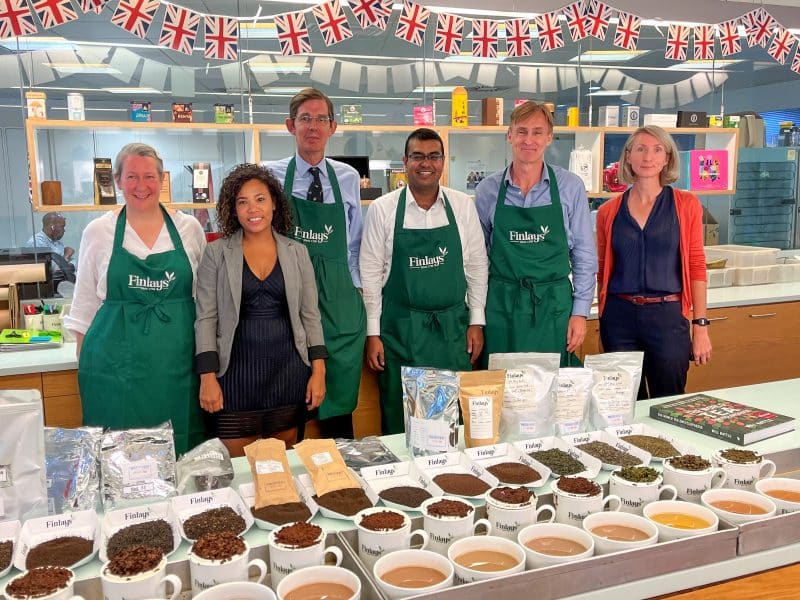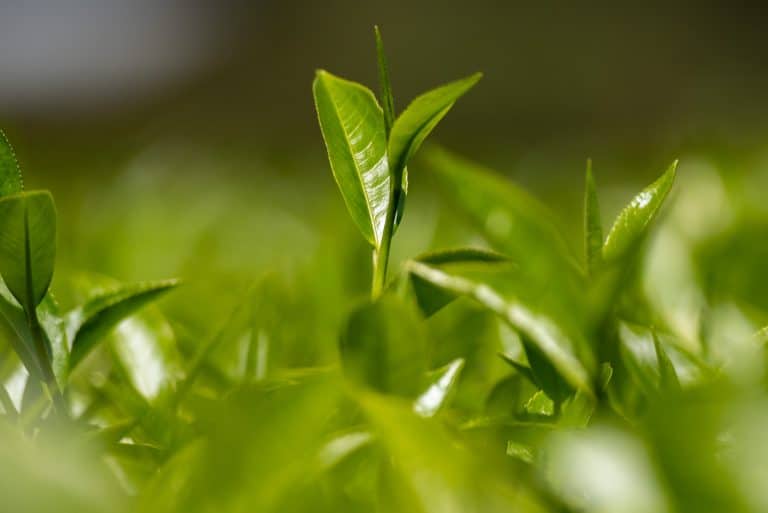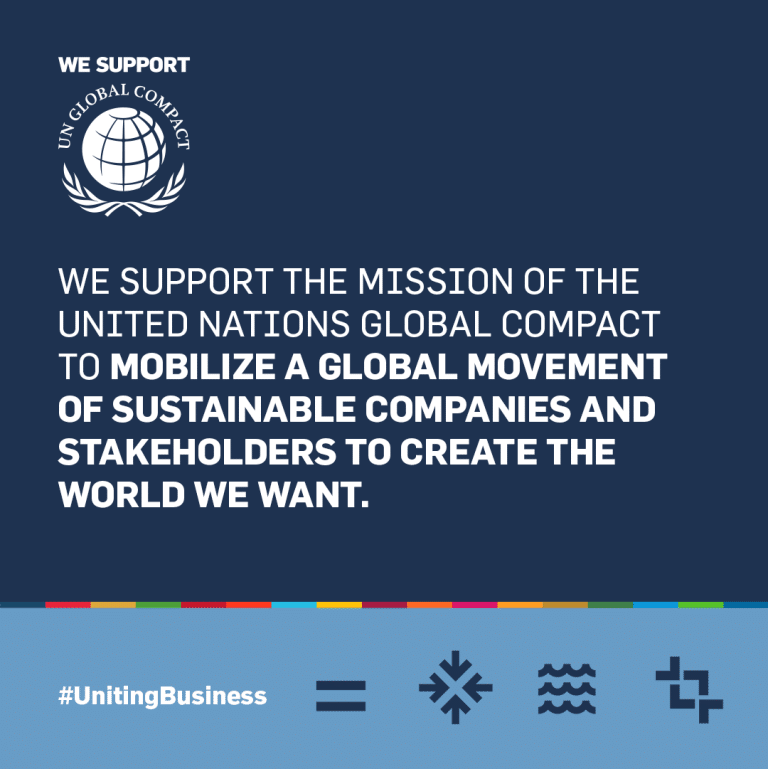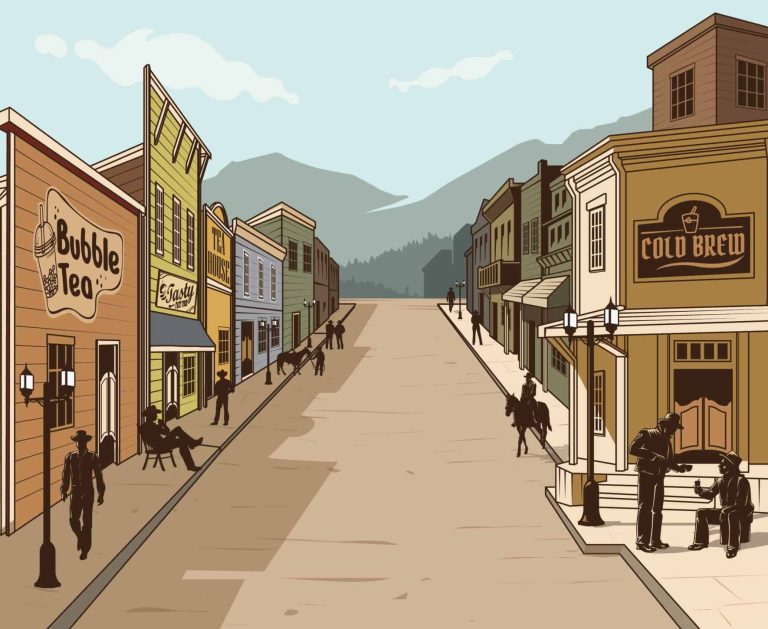Tea Specialist Mark Peters is celebrating 40 years of working at Finlays. He joined as a Management Trainee in 1982 undergoing a seven year programme of training in tasting and trading tea. Mark has travelled far and wide, working in a number of different roles around the world in the pursuit of the perfect cuppa. Now based at our head office in London, Mark offers his expert support and guidance to our tea offices worldwide.
We sat down with Mark to find about more about his incredible career, and to uncover any pearls of wisdom he’s collecting along the way…
Congratulations on this fantastic landmark. What has kept you at Finlays for so long?
Finlays is unique in being involved in all aspects of tea from bush to cup so there have always been new avenues to explore. I remember when I was employed by my first MD (Mr Leslie Ilieve) the position was sold to me as a job for life. Obviously I took this literally!
How has the tea industry/tea tasting changed over the last 40 years?
The major changes have been things like direct routes of sale from origin to end packers, increasing factory automation and machine harvesting of leaf in the fields. Tasting in tea factories, auction centres and buying/blending offices have remained virtually unchanged over my time in the trade.
Is there a particular tea that you’ve tasted that stands out in some way as being memorable/?
There are too many to mention. My favourite origin from a quality perspective is Rwanda which has unrivalled brightness in the cup with the perfect balance of strength, flavour and briskness.
What do you think is the future of tea tasting?
I expect tasting will continue, for the majority of buyers and blenders of tea, in much the same vein as it has for the last 150 years. But it’s also good to see Finlays enhancing this with a new consumer focused approach to sensory analysis that has seen us develop a tea specific flavour wheel and descriptors that link more directly to the end consumers’ needs.
Any amusing stories from your career so far?
Quite a few mostly related to unbelievably basic accommodation and bathroom facilities (or lack of!) whilst in remote parts of the tea world. My first overseas training trip was to Bangladesh in June 1985, I was based in Chittagong (now Chattogram) and resided at the Chittagong Club in a run-down cottage with minimal mains electricity and a plentiful supply of cockroaches the size of small mice. I was in the country at the height of the monsoon and travelled to Finlay House, Agrabad by cycle rickshaw when the roads became impassable by car. Occasionally the auction room was only accessible by boat!
What advice would you give someone today wanting to start a career in the tea industry? Approach one of the main packers who provide thorough training and opportunities to travel almost from the outset.
Do you have any particular pearls of wisdom to share from your 40 year career?
No two years in my tea life have been the same. I’ve seen strong and weak markets, extremes of weather, political upheaval and unusual governmental decisions such as India banning all exports of tea in the 1984 triggering a stratospheric global surge in prices.
It is important to witness several years of market cycles, different growing seasons and their impact on tea quality to build up the required knowledge for life in the industry. Tea is a complex business, there are many moving parts which require careful consideration in order to navigate the best way forward. I always remember what Antonio Fernandes Espinosa former MD and owner of Casa Fuentes and doyen of the Argentine tea industry stated, “This is not a business for babies!”. Never were truer words spoken.





